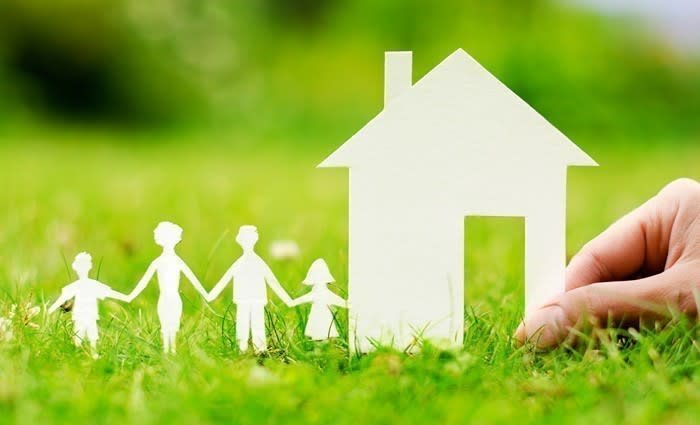Environmental reform on property needed: Douglas Driscoll
GUEST OBSERVER
Australia is the world’s largest carbon emitter per capita and requires energy reform on our country’s households.
Australia needs to be more environmentally-minded, and not enough is being done at the top level through policy and greater consumer awareness to reduce our carbon footprint.
You can’t play politics with the environment.
If we genuinely want to reduce our country’s carbon footprint, it needs to be introduced on a Federal level, with both sides of politics coming together, regardless of political persuasion. Frequent changes in Government mean that there is little to no concentration on a long-term goal and while the focus is primarily on industry and commerce, it should extend beyond this.
According to the ABS, households are the biggest consumer of energy after manufacturing, even topping transport and mining.
We need to have more robust conversations on how we can make property more energy efficient and homeowners more energy aware. Most of our ‘green’ discussions are centred around creating energy in a more environmentally conscious manner, but we need to start looking at how we can improve energy waste by reducing the energy leaking from homes. There is a huge lack of education amongst homeowners around this, and while it will first help save money, it will also be a giant leap towards reducing our carbon footprint.
There is a huge lack of education around the Nationwide House Energy Rating Scheme (NATHERS), and given the opportunity, the average Australian would be interested in knowing what the energy rating is for their home or a home that they are purchasing.
Currently, a large number of Australians are buying property off-the-plan, and they may not have access to knowledge about the property’s energy efficiency. Similarly, those who own or who are purchasing more recently built homes may only be able to access this rating through their local council or estate lawyer.
While there is much focus on building for our future population, there is little consideration on established homes built pre-2000s. Douglas believes these homes are an even bigger contributor to the environment, accounting for 95 per cent of Australia’s total dwellings, and the Government should mandate energy ratings as part of building and pest inspections during the home buying process.
Mandating energy ratings will provide greater transparency on wasted energy but it won’t necessarily cause people to withdraw from their purchase. The UK Government introduced Energy Performance Certificates in 2007 for homes that are built, sold and rented, and it did not deter people from buying in the slightest. If anything, this step will make people more aware of their environmental impact, and how they can contribute to making our country cleaner and greener. Government rebates are available to alleviate financial stress for homeowners looking to make their homes more energy efficient – there really needs to be more education on this.”
Research by the Energy Supply Association of Australia indicates that Australia leads the world in household solar penetration. While about 15 percent of dwellings have solar, research has demonstrated it is only as effective as behaviour, with almost half of energy generated by solar lost when used in the home through a lack of insulation, single-glazed windows and cavities. Douglas likens this to pouring water into a bucket with holes in the bottom.
There are 10 million dwellings in Australia and if each one is made five to 10 percent more energy efficient, it will make a significant reduction on our country’s carbon footprint, and keep a lid on rising energy bills.
A Canadian company called MyHEAT uses drone technology with thermal heat mapping to help homeowners understand and physically see energy loss in their home. With utility companies abroad becoming legislated to help customers reduce their energy consumption and Australian utility companies becoming privatised, a similar model would be adaptable in Australia.
It’s just as much about keeping dwellings cooler in summer as it is about keeping them warmer in winter. We have the technology at our disposal so why wouldn’t we use it for the greater good?
DOUGLAS DRISCOLL is CEO of real estate agency Starr Partners.
